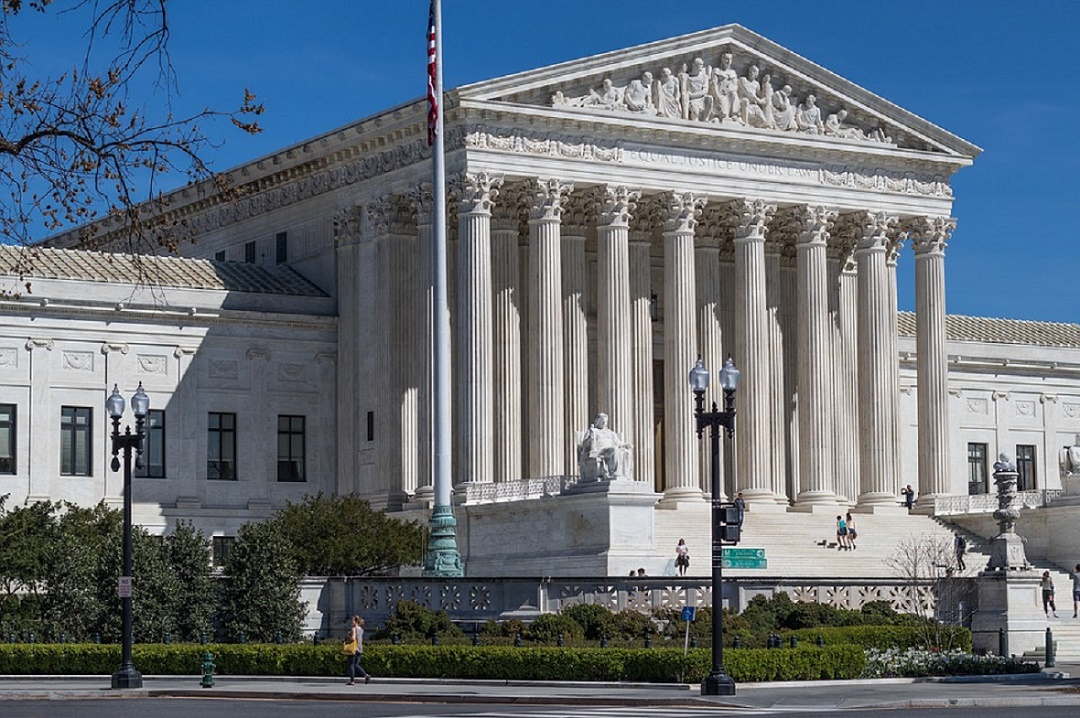UN Experts Condemn US Supreme Court Ruling Allowing Migrant Transfers Abroad
The experts warned that mass or expedited transfers without individualized risk assessments breach both the spirit and letter of these international commitments.

United Nations human rights experts have issued an urgent call for the United States to halt the implementation of a Supreme Court ruling that enables the deportation of migrants and asylum seekers to third countries, warning it may violate international legal standards and place individuals at risk of severe human rights abuses.
The move follows the U.S. Supreme Court’s decision on 23 June 2025 to suspend a lower court injunction that had temporarily blocked the forced transfer of foreign nationals to countries other than their own. The lower court had acted out of concern that such deportations lacked adequate procedural safeguards and legal oversight to protect individuals from potential abuse.
In a strongly worded joint statement, the UN experts emphasized that the expedited removal procedures employed by U.S. authorities may bypass crucial legal protections and result in transfers within hours or days—without court hearings, independent judicial review, or the opportunity for affected individuals to raise objections.
International Law and Non-Refoulement Obligations
The experts invoked international law obligations, especially the principle of non-refoulement, which prohibits states from transferring individuals to countries where they face a substantial risk of serious harm, including torture, enforced disappearance, or arbitrary killing.
“The US is required to make a full assessment under its non-refoulement obligations,” the experts stressed, citing international instruments such as:
Article 3 of the UN Convention Against Torture
Articles 6 and 7 of the International Covenant on Civil and Political Rights (ICCPR)
Article 33 of the 1951 Refugee Convention (via the 1967 Protocol)
The experts warned that mass or expedited transfers without individualized risk assessments breach both the spirit and letter of these international commitments.
Disturbing Precedent of Outsourcing Responsibility
The UN officials drew parallels to other nations that have previously attempted to outsource their international protection duties. They referenced historical examples where transferred migrants were left stranded, indefinitely detained, or subjected to serious abuses in third countries.
“Other countries that have attempted to outsource their responsibilities have left people stranded in far away places, arbitrarily detained for years on end, and at risk of torture and other inhuman treatment, trafficking, or enforced disappearance,” the statement noted.
The experts further criticized the reliance on diplomatic assurances from third countries regarding migrant safety, asserting that such promises are often unreliable and must be independently verified by the sending state.
Specific Case Sparks Alarm
The Supreme Court ruling has already had tangible consequences. The case that prompted this renewed alarm involved eight foreign nationals—reportedly from Myanmar, Cuba, South Sudan, Mexico, Laos, and Vietnam—who were forcibly removed from the United States and initially held at a U.S. military base in Djibouti. These individuals were later transported to South Sudan, despite serious concerns about the country’s human rights situation, ongoing conflict, and lack of guarantees for fair treatment.
“It is with deep worry that we understand that the individuals have now been moved from Djibouti… and onto South Sudan,” the UN experts stated.
This transfer, they argue, was conducted without meaningful access to legal counsel or an opportunity to contest their removal—a stark departure from due process norms.
Calls for Immediate Action
In light of the unfolding situation, the UN human rights experts are urging the U.S. government to:
-
Suspend all third-country transfers pending a comprehensive human rights risk review
-
Guarantee access to legal representation for all individuals facing removal
-
Ensure all removal procedures are subject to independent judicial oversight
-
Comply fully with international legal obligations on the protection of migrants and asylum seekers
The group emphasized that the rights of migrants and asylum seekers must be upheld regardless of their legal status and that the government’s actions must reflect the fundamental values of justice, dignity, and the rule of law.
The experts concluded by stating they had already communicated their concerns in writing to the U.S. Government and will continue to monitor developments closely to ensure accountability and transparency.
ALSO READ
Trump Administration's Legal Clash Over South Sudan Deportations
Faith Under Siege: Iranian Asylum Seekers in the U.S.
Global News Shake-up: From South Sudan Deportees to Musk’s ‘America Party’
Trump Administration's Controversial Deportation to South Sudan
US Supreme Court sides with Trump in South Sudan deportation fight










